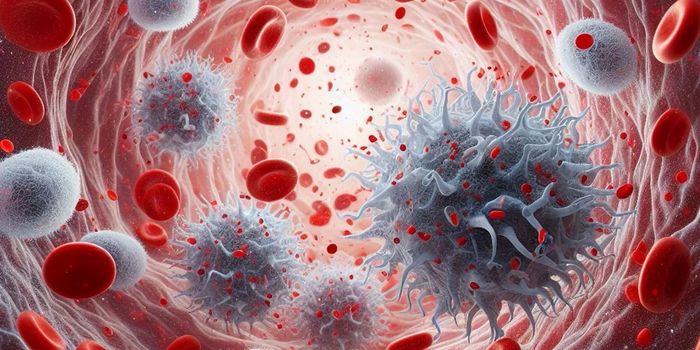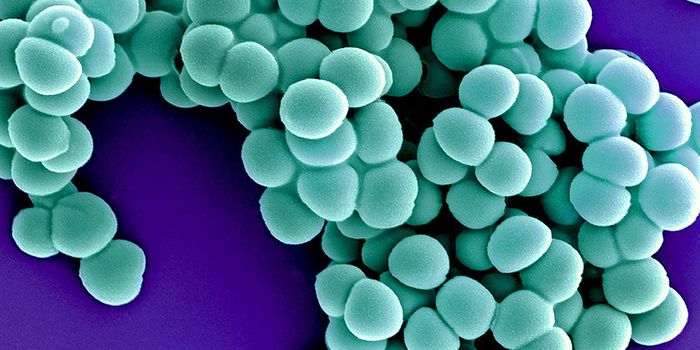Should We Rethink COVID Vaccine Recipes?
In a study reported in the journal Cell, immunologists provide evidence for an Achilles’ heel in current COVID-19 vaccines: they don’t harness the full potential of the immune system. Commercially-available COVID vaccines work by triggering B cells, immune cells responsible for the generation of virus-specific antibodies.
However, vaccines capable of simultaneously activating T cells have the potential to bolster immunity against SARS-CoV-2 and critically, the rapidly emerging viral variants. Now, researchers have identified a panel of SARS-CoV-2 viral peptides capable of eliciting powerful and potentially life-saving T cell-mediated immune responses.
According to Boston University’s Mohsan Saeed, one of the study authors, based on this new data, “companies should reevaluate their vaccine designs.”
Saeed teamed up with computational geneticists to identify SARS-CoV-2 fragments capable of mounting a robust protective T cell response. Cells in the body infected with viruses “chop up” viral proteins into tiny fragments that are presented on the surface of cells to alert T cells to the pathogenic intruder. Once the alarm is raised, T cells launch an all-out attack on infected cells, eliminating them and halting the progression of the infection. In the case of COVID-19, the stronger these T cell responses are, the less likely it is that patients will go on to develop severe, life-threatening symptoms.
Importantly, once T cells are primed, they “remember” the coronavirus’ fragments, setting off a much stronger and faster immune attack the next time it encounters the virus or its variants. This is a particularly advantageous feature in the context of COVID infections, as the researchers say that these are often associated with a lag in immune cell recruitment.
“This virus wants to go undetected by the immune system for as long as possible,” Saeed says. “Once it’s noticed by the immune system, it’s going to be eliminated, and it doesn’t want that.”
Saeed and colleagues say the protein fragments the team discovered could be used for novel vaccine recipes that are capable of shielding against the ever-growing number of coronavirus variants. Such a variant-resistant COVID vaccine would be a powerful weapon in our fight against the virus.
Sources: Cell, Boston University.









